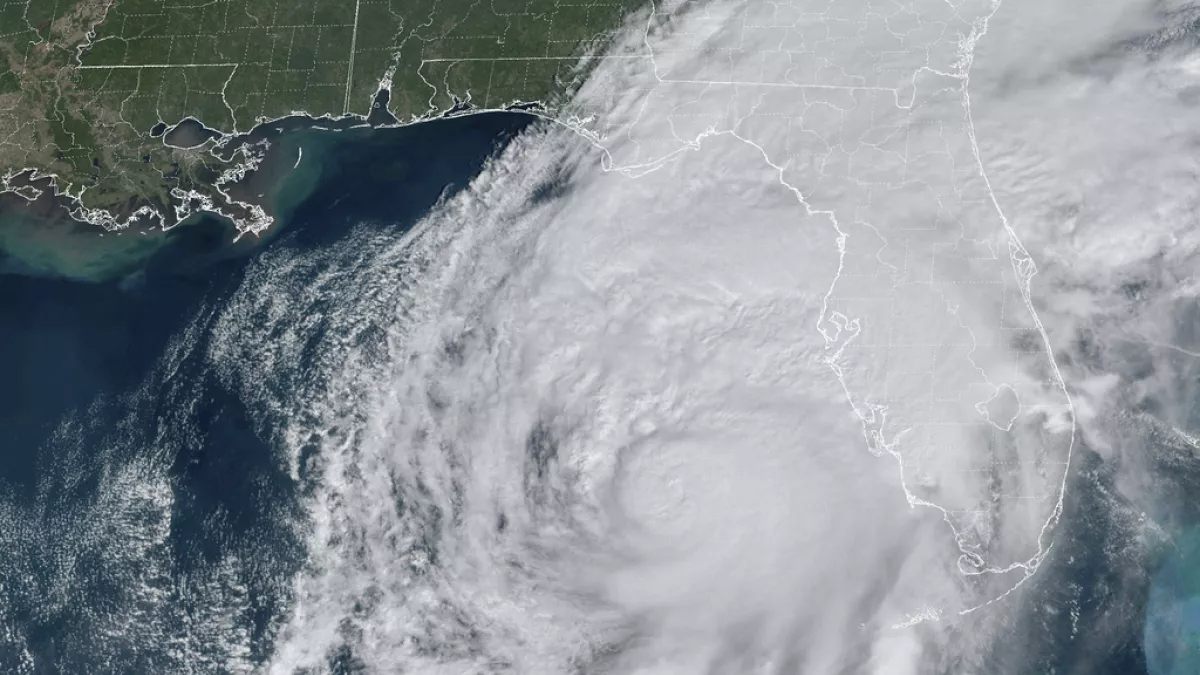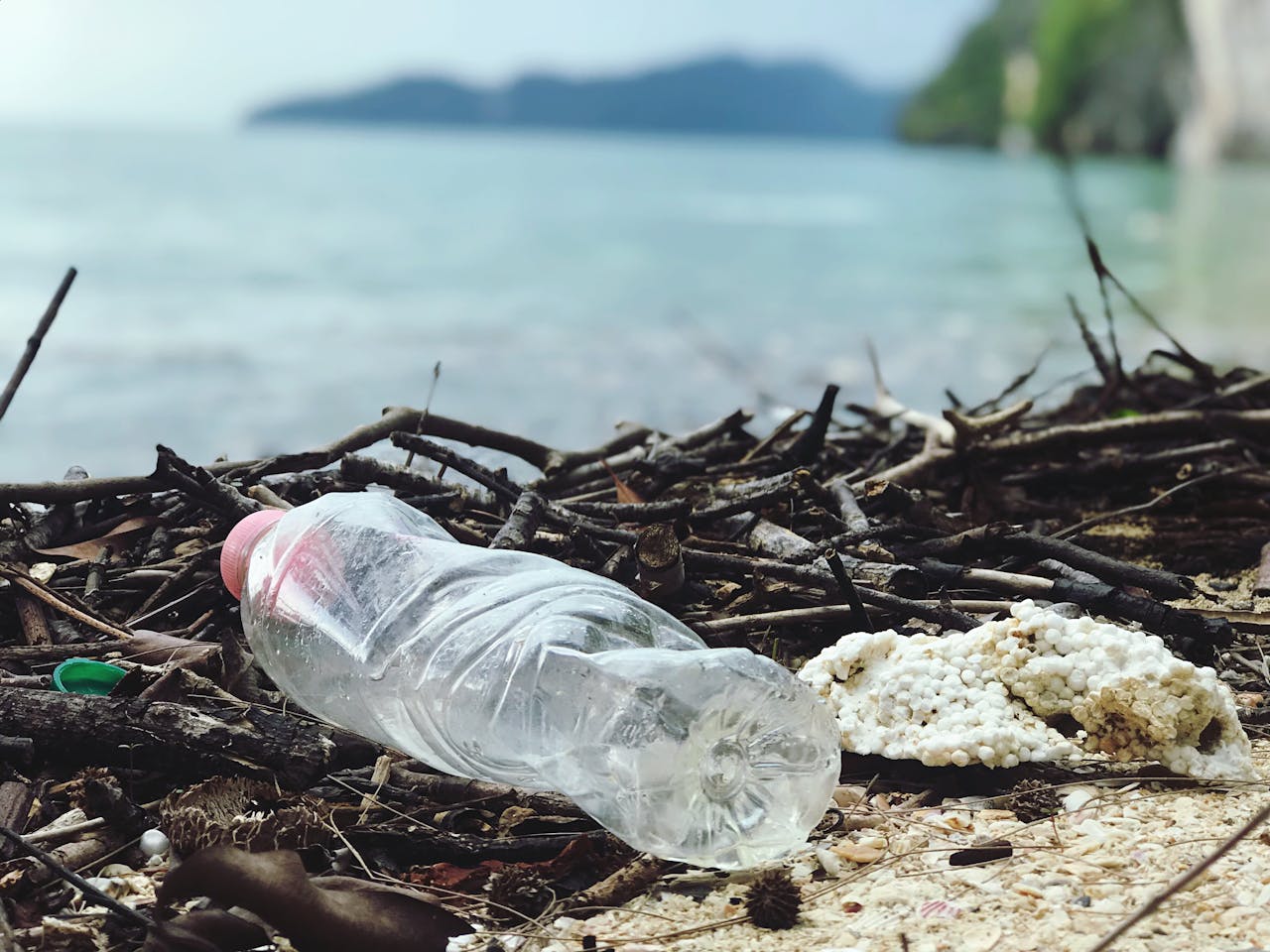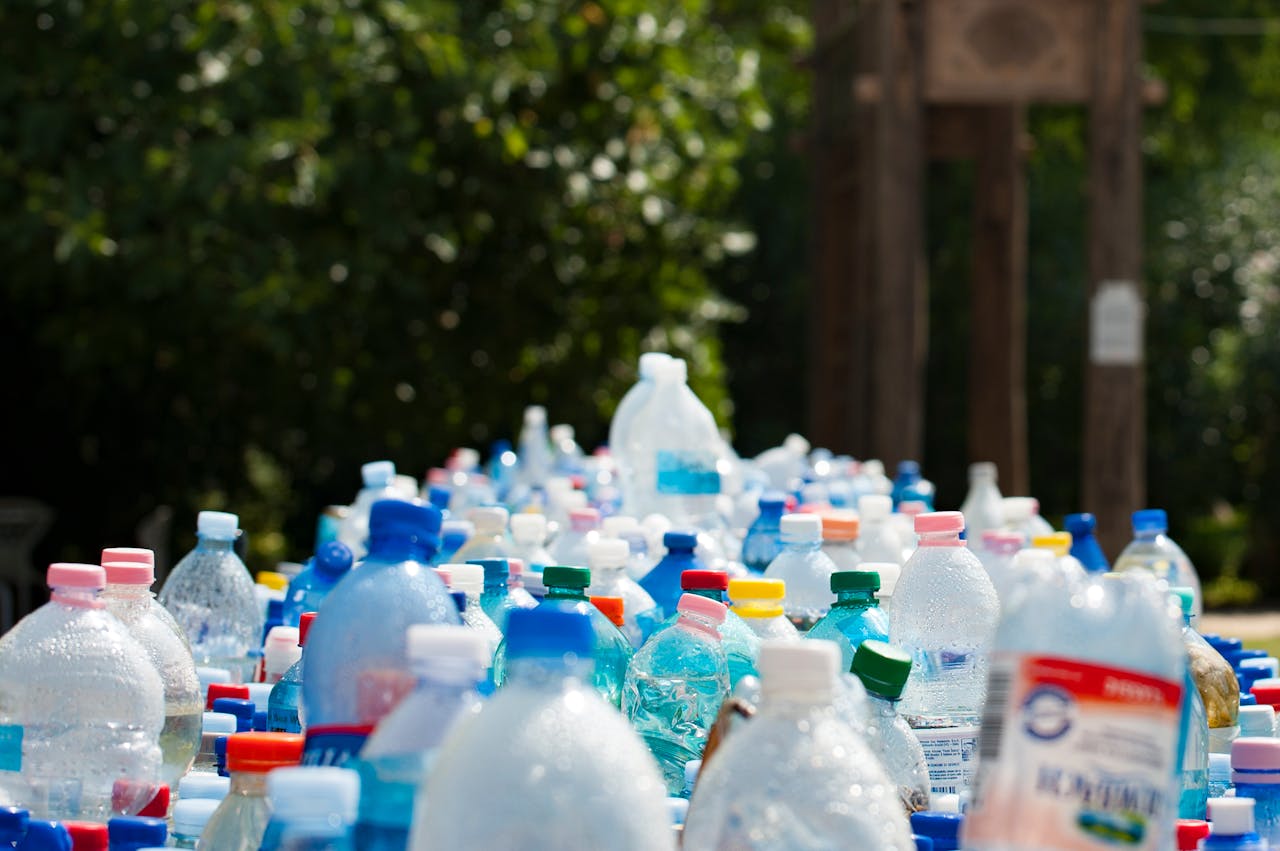Hurricane Milton, one of the most powerful storms in recent history, has highlighted the urgent need to address the pressing issue of climate change. This Category 5 hurricane hit Florida in October 2024, following closely on the heels of Hurricane Helene. With winds exceeding 180 mph and a storm surge of up to 15 feet, Milton is part of a troubling trend of extreme weather events linked to rising global temperatures.
Climate Change: A Key Player in Hurricane Intensification
Hurricane Milton’s rapid intensification—its winds increased by 92 mph in just 24 hours—was fueled by abnormally warm sea surface temperatures, a direct result of climate change. Gulf waters where Milton formed have been experiencing record-high temperatures, making storms more likely to escalate quickly. According to experts, climate change has made such extreme sea temperatures up to 800 times more likely, significantly increasing the destructive potential of hurricanes like Milton. (RAND Corporation)(WUSF )
The correlation between warmer oceans and stronger hurricanes is clear. Since 1980, the frequency of Category 3 or higher hurricanes has doubled in the Atlantic. Warmer water not only fuels these storms but also leads to more severe flooding and wind damage. As temperatures continue to rise, more regions will face increased risks of extreme weather. (Climate Central.)
Environmental Contamination and Earth’s Natural Cleansing
While hurricanes cause immense damage, they also play a natural role in redistributing nutrients and cleansing ecosystems. However, human activity—particularly fossil fuel use and deforestation—has amplified the intensity of these storms, disrupting natural systems. Post-hurricane floods can lead to significant contamination as industrial waste, chemicals, and untreated sewage are swept into water systems, posing long-term environmental and public health risks.
In the wake of Hurricane Milton, the contamination of drinking water and the destruction of natural habitats could exacerbate existing ecological problems. The storm surge and heavy rainfall can spread pollutants over large areas, impacting both urban and rural environments (WUSF .)

A Call to Action: What We Can Do
The increasing severity of hurricanes like Milton is a reminder that urgent action is needed to combat climate change. Reducing greenhouse gas emissions, investing in sustainable energy, and strengthening disaster preparedness are vital steps toward protecting both people and the planet. At the same time, local communities must focus on improving infrastructure to withstand future storms, promoting responsible land use, and safeguarding natural ecosystems to better absorb the impact of extreme weather.
Now is the time for governments, businesses, and individuals to act. We must adopt more sustainable practices, reduce our carbon footprint, and advocate for policies that protect the environment. Hurricane Milton’s devastation is a stark reminder that climate change is not a distant threat but a present-day reality. Together, we can make a difference by addressing its root causes and preparing for a more resilient future.



